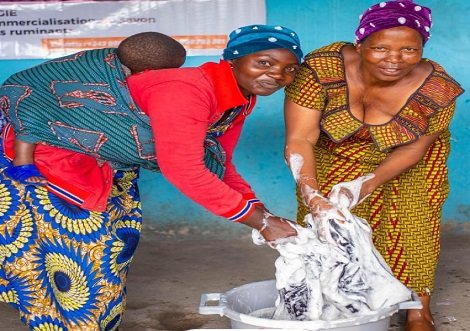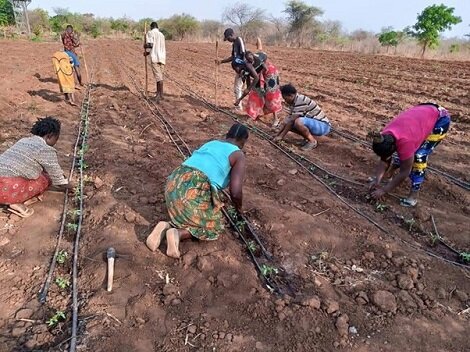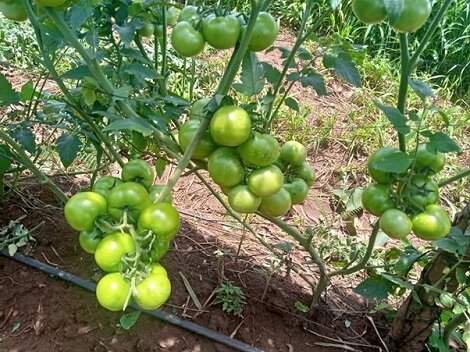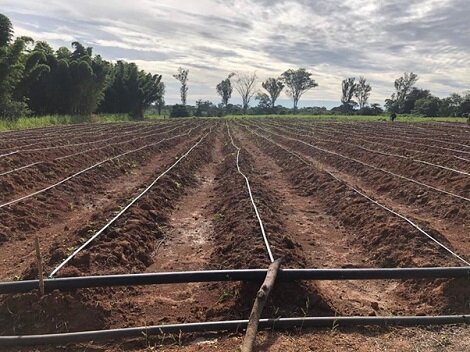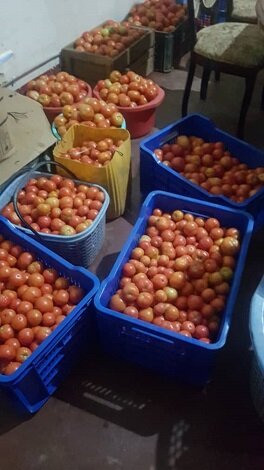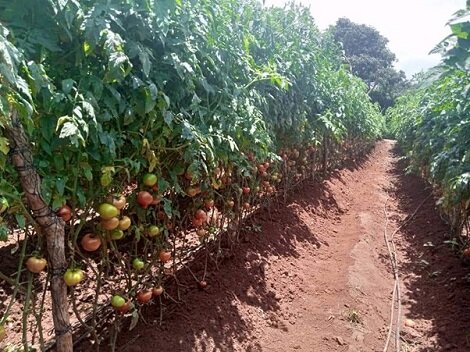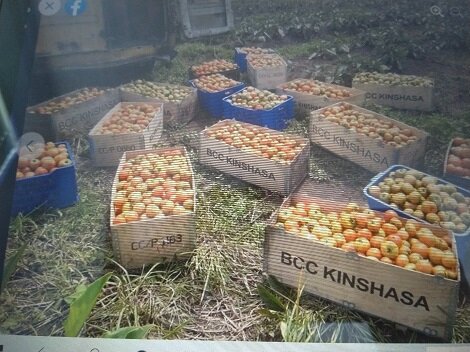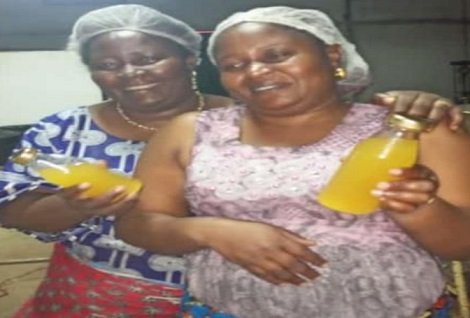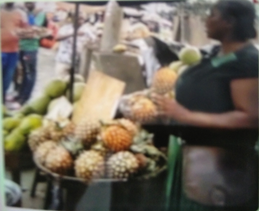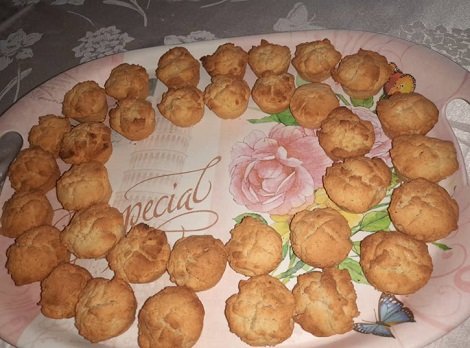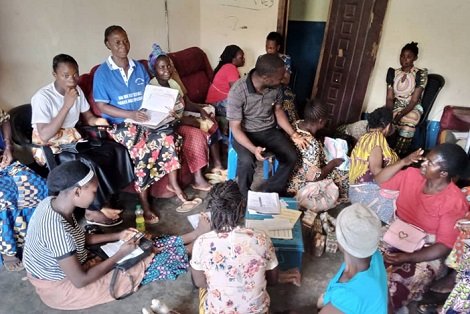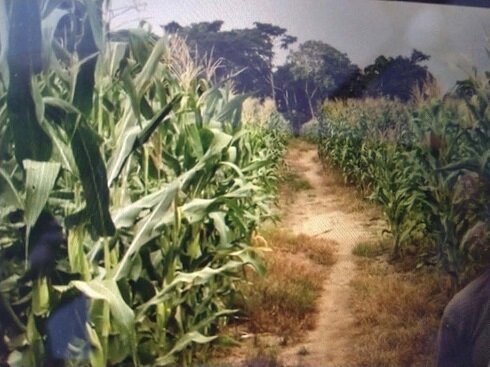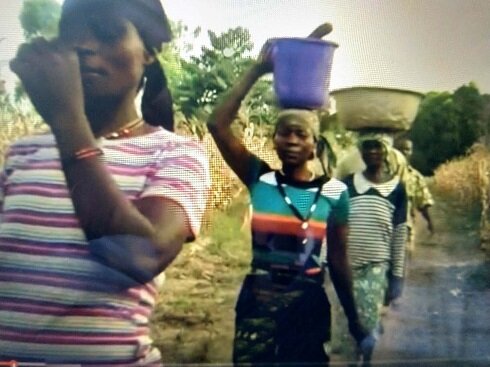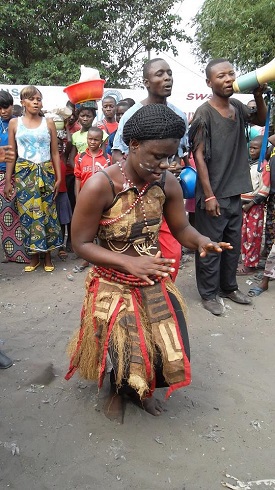The Society of Women against AIDS in Africa
Democratic Republic of Congo
The SWAA Project is Funded by The Barbara Pillsbury Memorial Fund
The Society of Women against AIDS in Africa (SWAA) is a non-profit organization (NGO) in the Democratic Republic of the Congo (DRC) was established in 1988 and works to help restore hope and dignity for women, especially refugees, who are living with HIV/AIDS and/or who have experienced sexual violence. Through the generous donations of Dr. Barbara Pillsbury, and later her memorial fund, this organization has received funding each year to combat sexual violence and to assist women in fighting poverty.
SHARE Sponsored Programs:
2022:
This year, SHARE funded SWAA, a non-profit in the Democratic Republic of Congo, to implement the most successful and well-designed SHARE project to date.
SWAA trained and helped 30 women to produce bottled pineapple juice for export to neighboring countries. Pineapples, while being a popular agricultural product, do not travel long distances very well. The juice, however, travels easier and can be sold locally and across state borders. By participating in this project and learning this trade, the women have been able to increase their incomes significantly.
The 30 trainees also went on to train 600 additional women in small business skills related to pineapples. This included making pineapple products, such as cookies and cakes, to be sold at market.
2020:
In 2020, SHARE funded a grant to The Society of Women against AIDS in Africa (SWAA) to allow struggling local women in an impoverished rural area to grow maize. Due to border closures and restrictions on imports as a result of COVID-19, the price of corn flour, one of the most essential foods in the DRC, has risen steeply. Therefore, the funds SHARE provided to support the cultivation of maize was even more essential than usual during this time.
So much maize was produced that the local women involved in the project were able to bake bread with the excess and sell it at market, as well as feed the chickens they had raised for meat.
2018:
Through continued funding from the Barbara Pillsbury Trust, SWAA purchased wooden crates to transport tomatoes to large markets. The organization has been successful in increasing produce yields but needed strong containers to protect the quality of produce. The project increased the income of families and from the proceeds of the sales of vegetables, a motorcycle was purchased to serve community needs of transporting sick children to the closest hospital.
2016:
Implementation of a Fish-Breeding Project, Democratic Republic of Congo
SWAA implemented a project to benefit young sex workers and steer them away from prostitution. The project had several objectives including giving women a way to earn money and raise a family without being subjected to HIV/AIDs.
Sixty five beneficiaries were identified and they participated in preparing a small lake to be stocked with fish. Tools such as spades, wheelbarrows, and other digging tools were purchased and distributed to the women.
The project has been a major success. One of the beneficiaries stated that she has been sending only her sons to school but not daughters because she lacked money. The project has enabled her to pay for girls’ education. Also, her oldest son has been able to join a university and is pursuing his dream of becoming an engineer.
2023:
In 2023, The SHARE Institute funded SWAA to train 30 internally-displaced women to make artisinal soap from palm oil and sell it for income.
This project helps the community on two fronts: first, it provides income and job-training to the women living in the refugee camps. Second, many of the refugees are facing hygienic diseases from unsanitary living conditions and lack of hygiene products. By learning to create soap, these women help the community defend against these diseases, and are better able to provide for their families.
In order to make the project self-sustaining, the original 30 beneficiaries had to each train 5 additional women in making and selling soap.
2021:
In 2021, The SHARE Institute funded Society of Women Against Aids in Africa (SWAA), in the Democratic Republic of Congo to teach disadvantaged women in rural areas to grow, harvest, and sell tomatoes.
2019:
Maize is one of the basic foods in DRC. The SHARE Institute funded SWAA to train women on methods of cultivation that increase the yield. Fertilizers were used and a tractor was rented. 10 women benefited from the project. The women improved the education of their children and have a better standard of living.
2017:
Making Bread for Families, Democratic Republic of Congo
The 2017 SHARE grant enabled women to build an artisanal stove to make large quantities of kasava bread. Prior to the project, the women used to spend too much effort to produce a few loaves of bread. After building the oven, the production of bread increased dramatically. Also, women spend less time making the bread which is a labor-intensive shore allowing women to use their time in marketing the bread.
Facilitating the process of bread making, led to the involvement of more women working together to produce more loaves of bread. Thirty more women joined the production line and profits are shared by the families of the women. Many of the women are widows and are the sole supporters of the children. The women stated that the money goes to the purchase of day-to-day items for the household and the education of the children.
2015:
SWAA was funded by SHARE to purchase two agricultural machines: (1) a corn peeling machine and (2) a bag sewing machine to store corn. The machines helped local women increase their income. The machines facilitated the peeling of five tons of corn and the production of 300 storage bags.
Sixty households have indirectly benefited from the high level of production. The beneficiaries praised the project for increasing their income. Many of the women started sending their children to school as they now can afford to pay for school uniforms, shoes, and other educational supplies.
2014:
In 2014, sixty women benefited from the purchase and distribution of fertilizer to increase production in agricultural land. The project resulted in the production of six tons of corn flour and three tons of corn vegetables. The increase in production helped women by increasing their incomes. Children benefited by getting more nutritious means and by being able to join nearby schools.
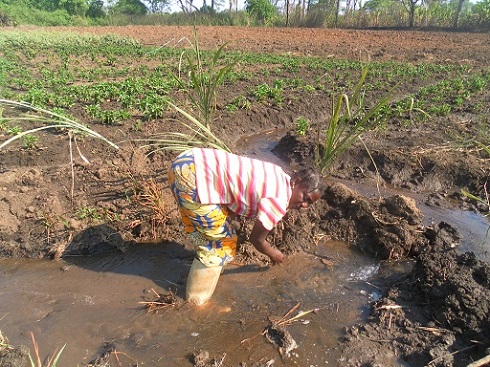
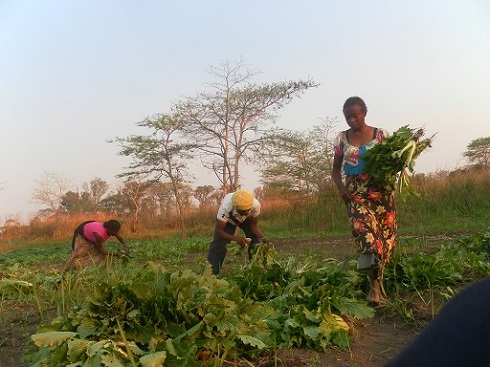
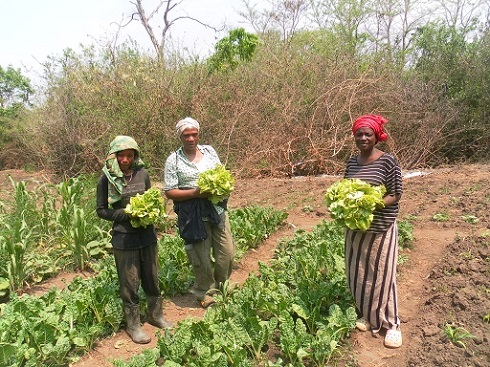
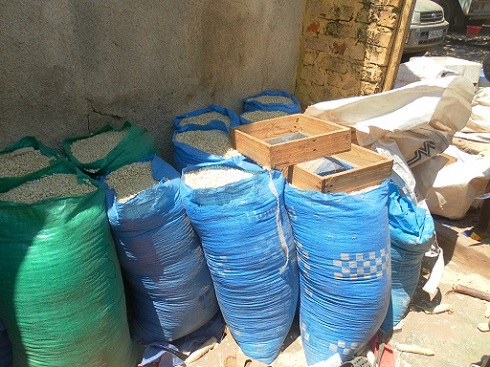
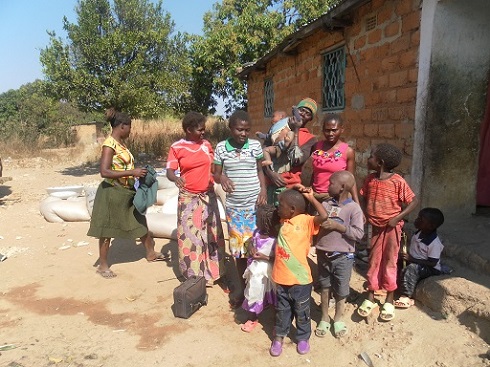
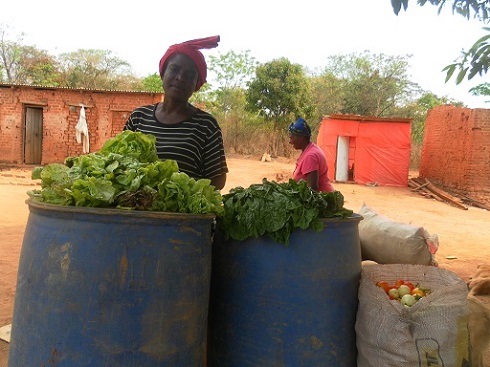
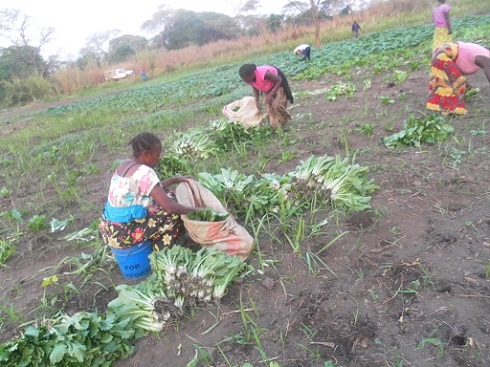
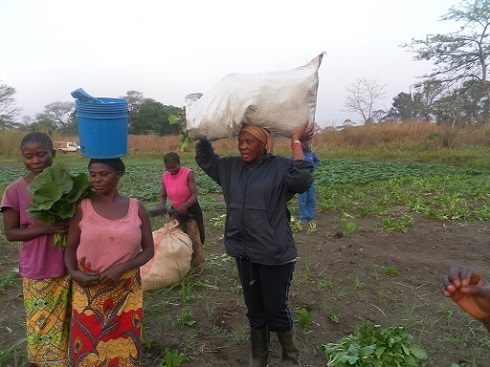
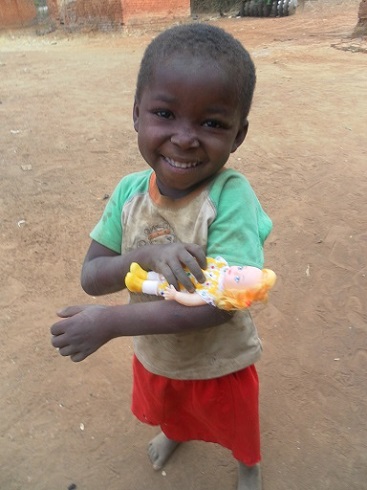

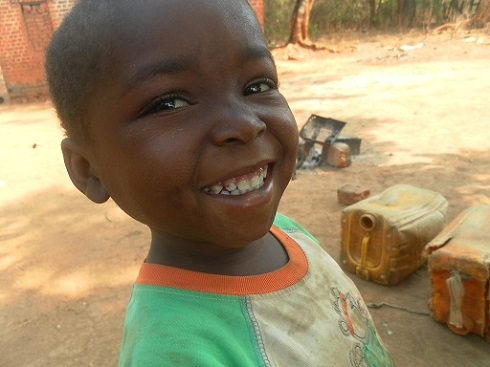
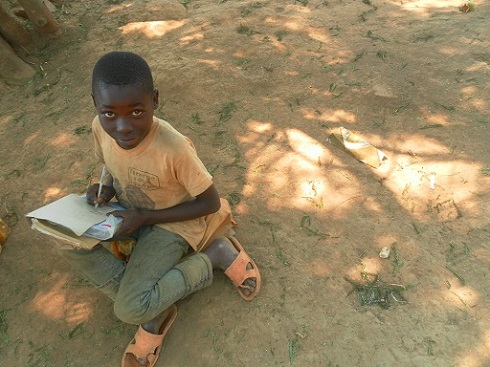
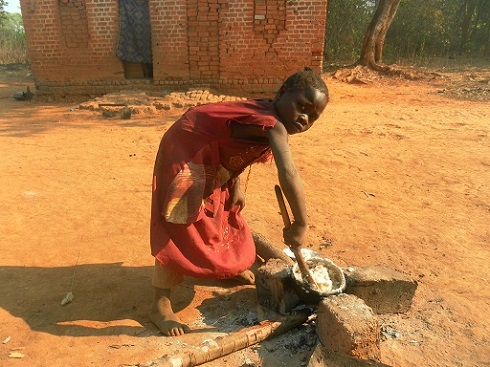
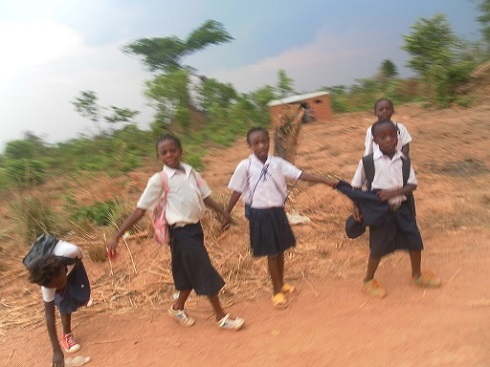
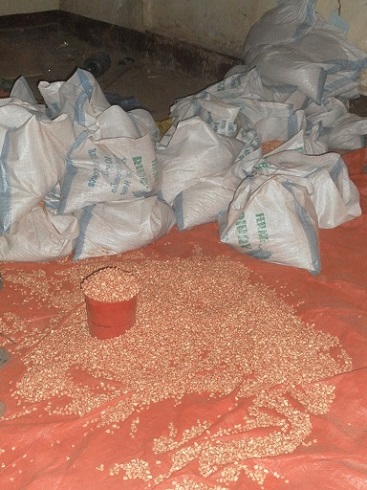
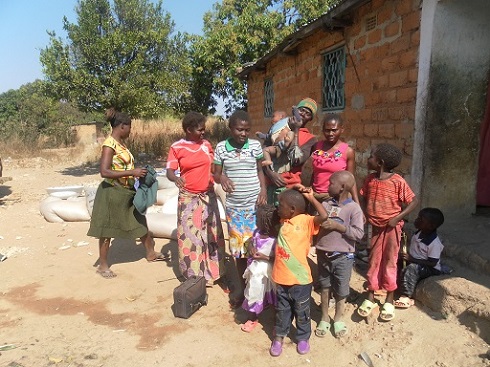
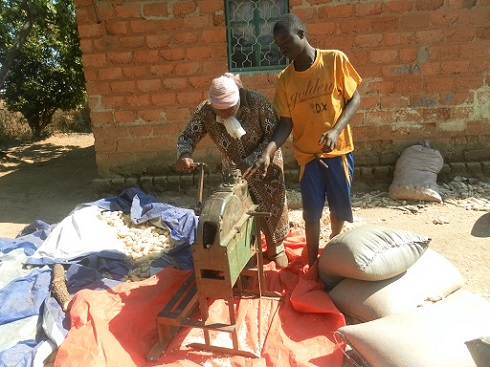
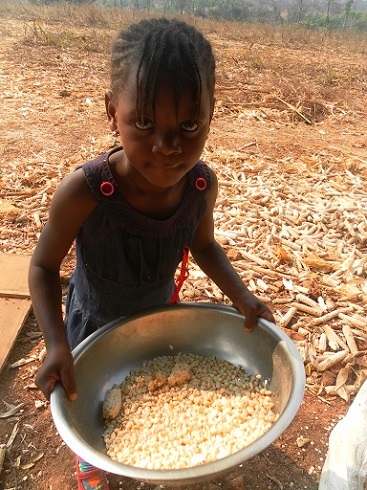
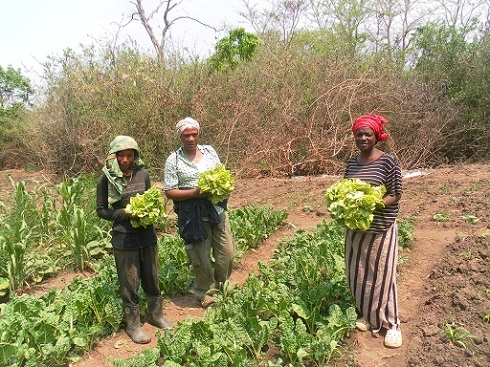
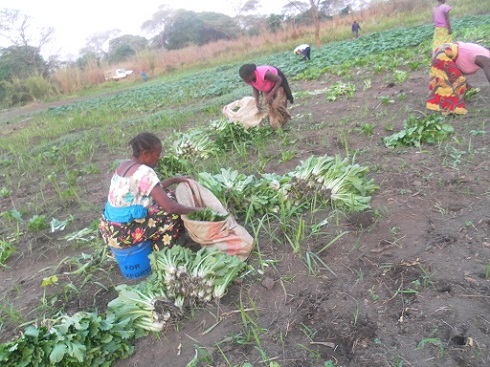
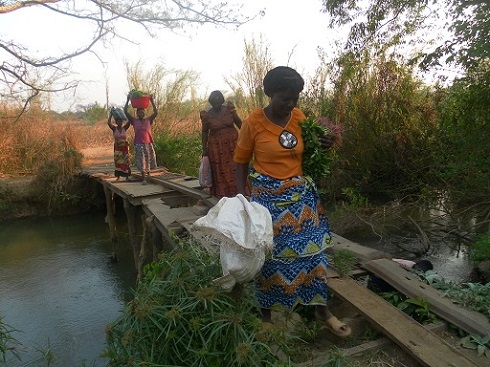
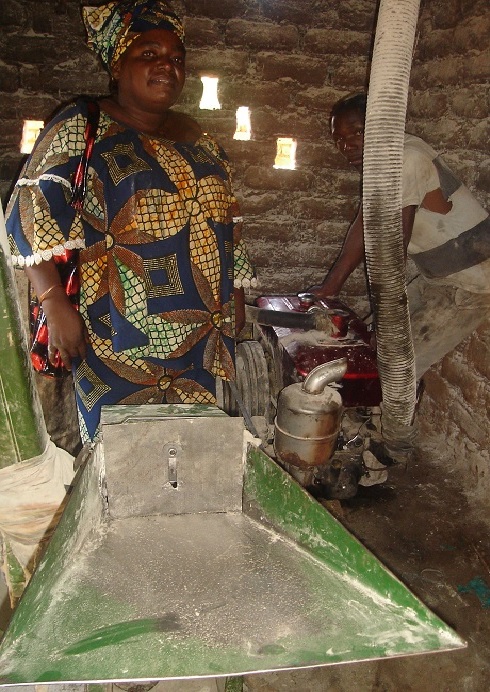
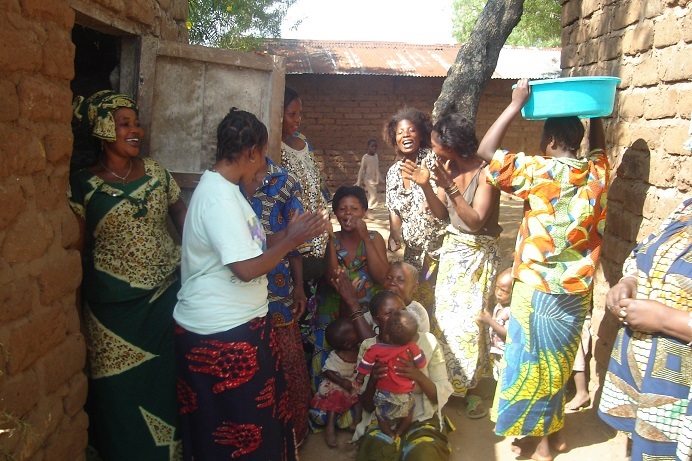
2013:
The SHARE Institute provided a one-thousand dollar mini-grant to SWAA for a water-powered electricity generator that is being used to produce power for SWAA projects, workshops, and women's empowerment programs.
2012:
In 2012, The Share Institute funded the SWAA Project. This was a two-pronged project aimed towards encouraging an equitable relationship between men and women in the Democratic Republic of Congo. Part one of this project included a workshop open to both genders, where a group of 400 men and women discussed gender issues, including the psychological impact of violence on women. The second part of the SWAA Project was directed towards empowering women and alleviating poverty via income generating activities for the women of Kinshasa. This was implemented by teaching women to make bags, purses, and napkins out of empty rice bags. These products were sold to increase the women’s income.
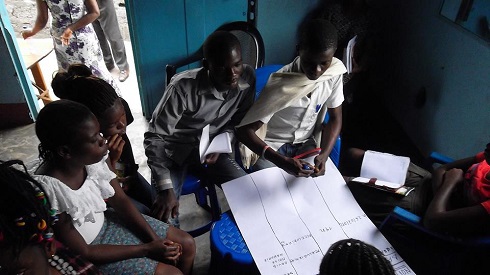
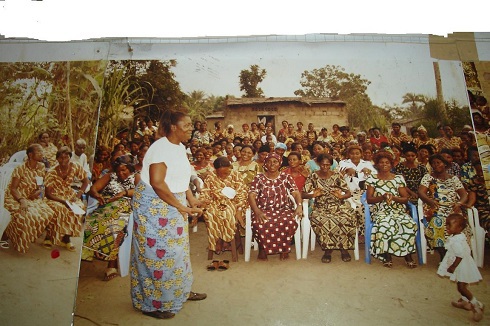
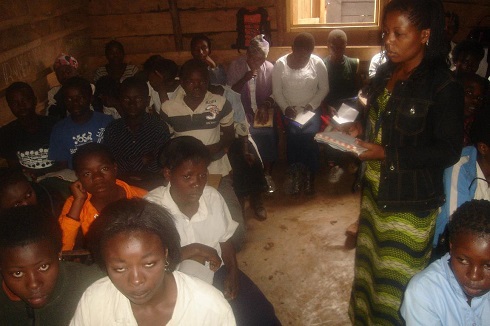
![SWAA 2012 5 [MAIN].jpg](https://images.squarespace-cdn.com/content/v1/51aaa4bde4b02f202605863b/1386454630677-536BYGY3TMGTCVXNXIUU/SWAA+2012+5+%5BMAIN%5D.jpg)
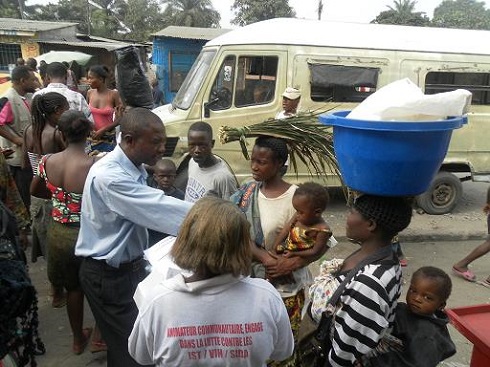
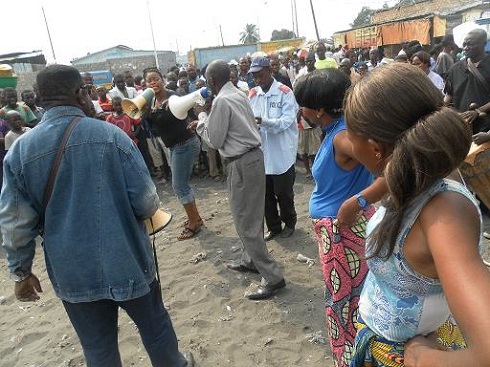
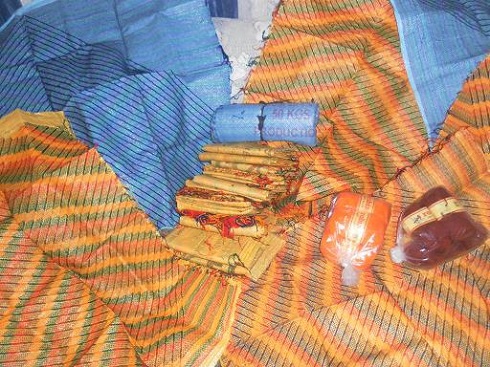
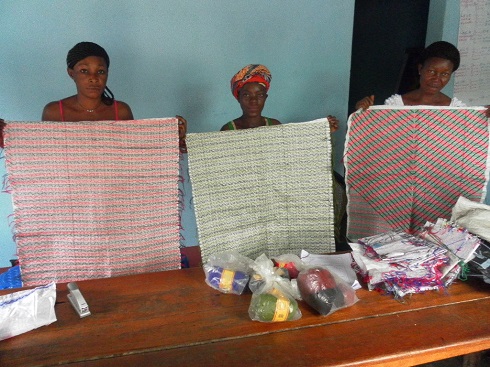
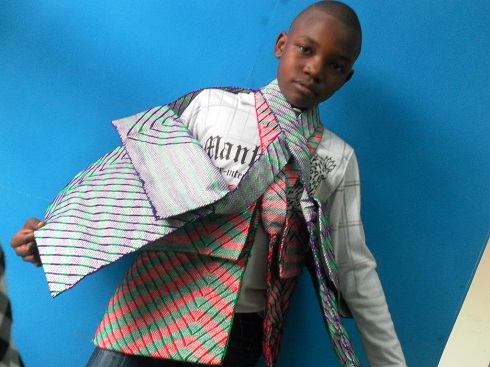
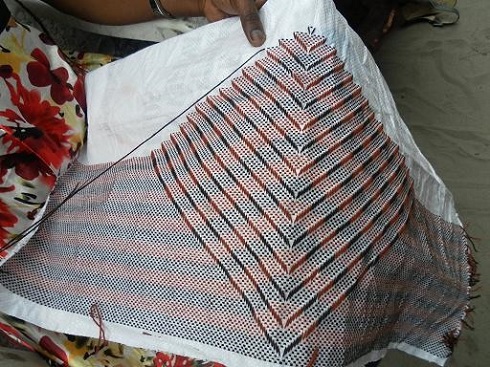
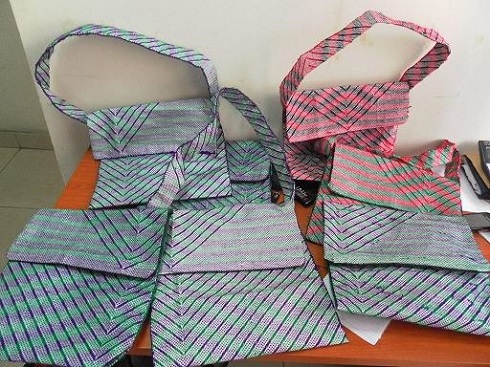
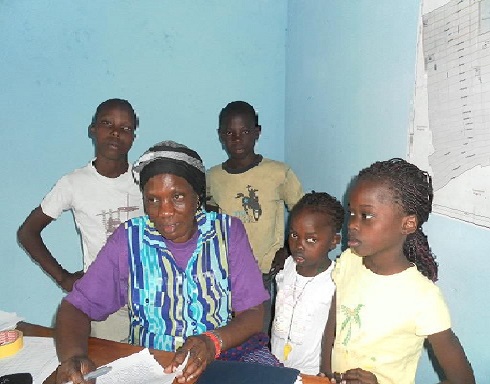
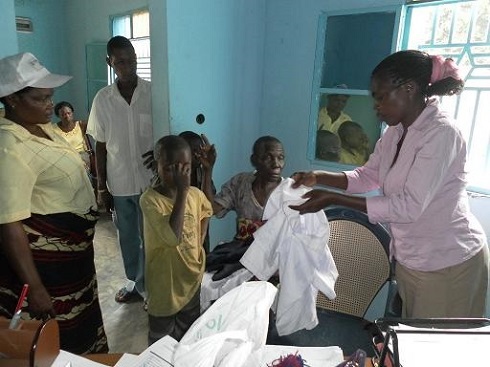
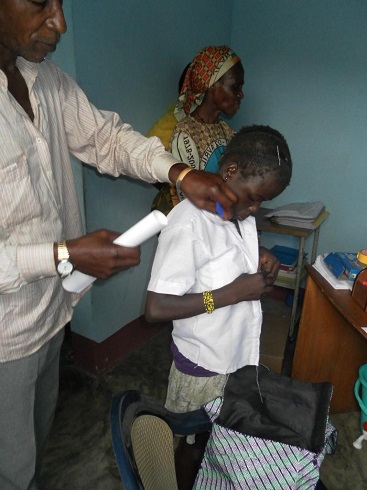
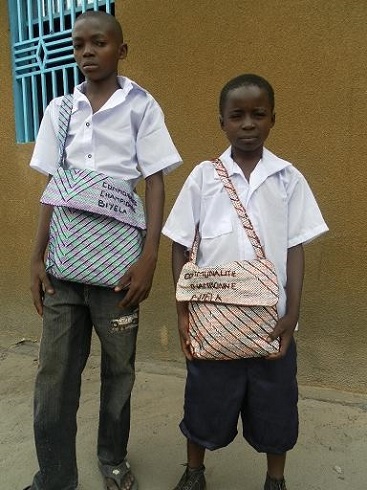

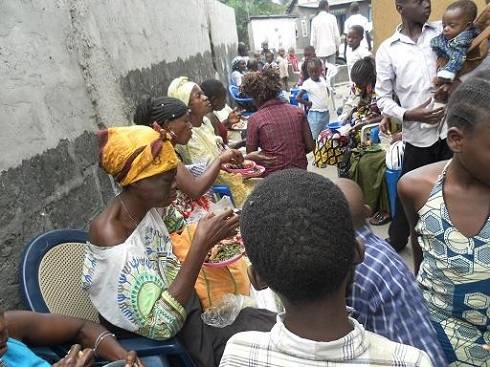

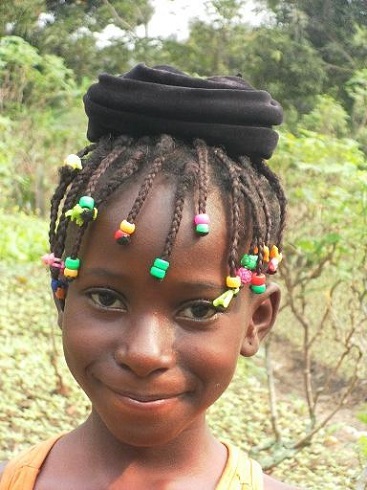
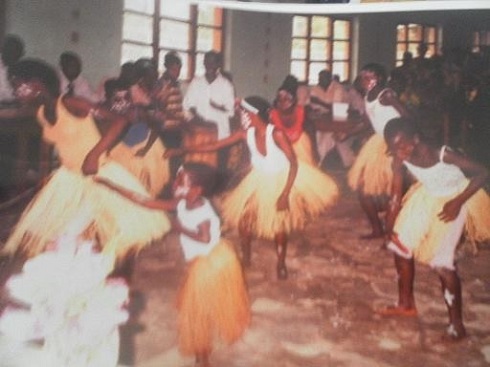

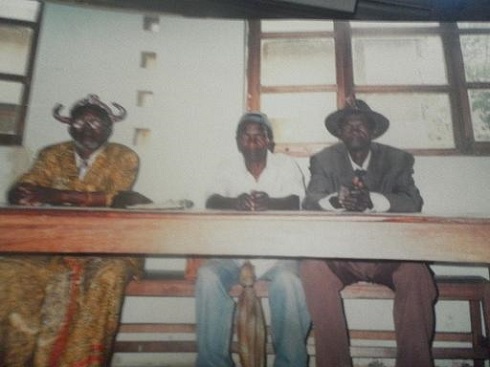
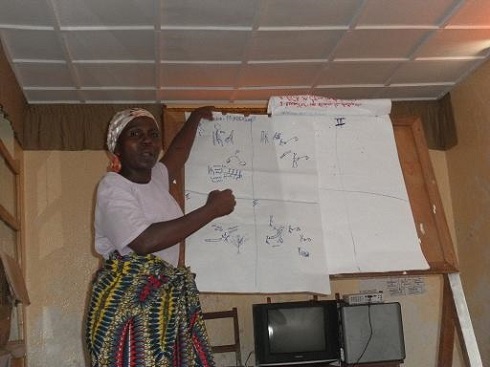
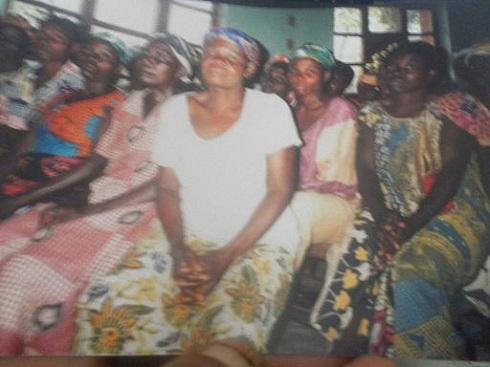
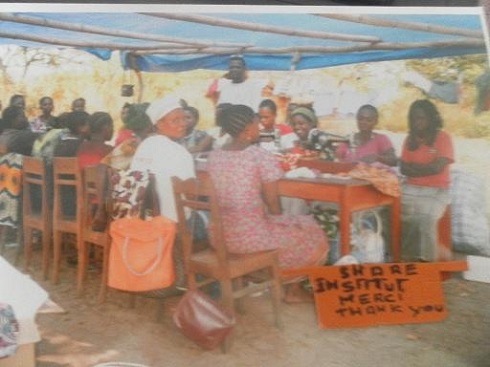

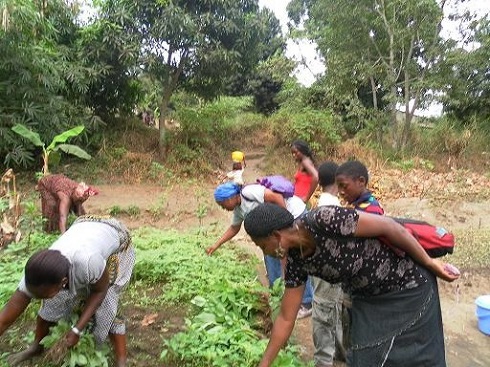
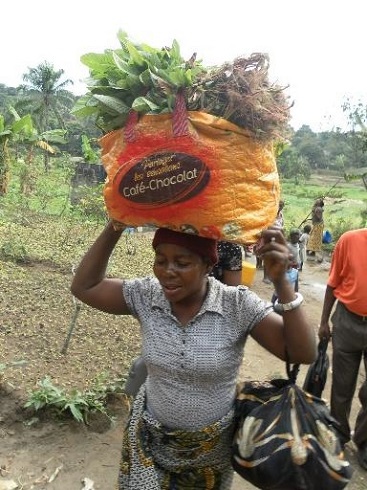

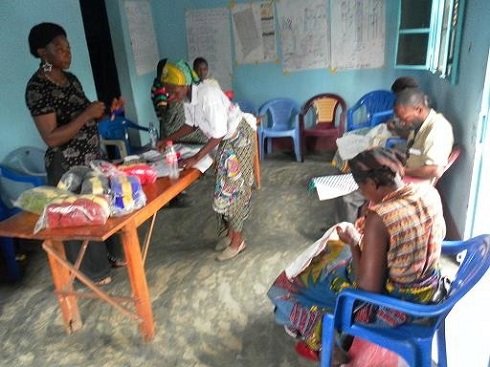
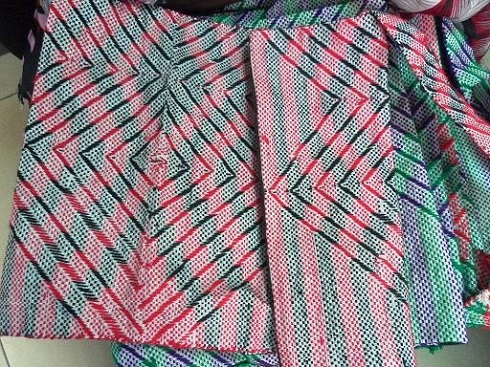
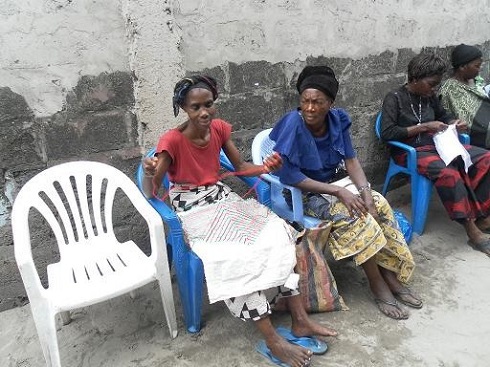
2011:
SWAA ran a training seminar to teach women about women’s rights, reproductive health and how to read. They also began a cultivation project which enabled women to produce food for their families, to make income and to share with other needy families and orphaned children. Women from the community prepare meals together during their monthly gathering. All of the food at these gatherings is provided by the cultivation project. The purpose of these meals is to provide nutritious food for the women of the project and the orphaned children of the area. A weaving program taught women to make beautiful and useful bags from inexpensive materials. These bags can be sold, but some were given to local school children. These children were also provided books, uniforms, supplies and tuition to enable their education through the SHARE mini grant.
2010:
Write up pending.




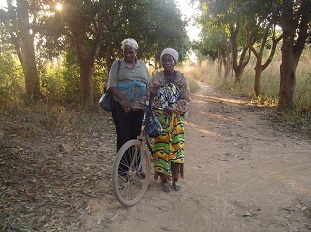
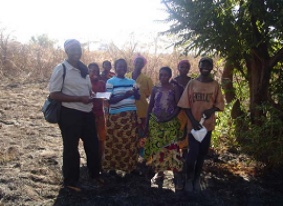
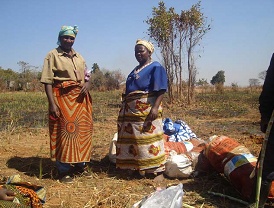
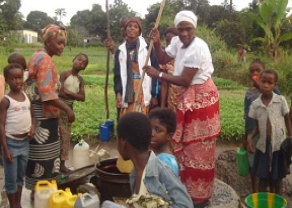
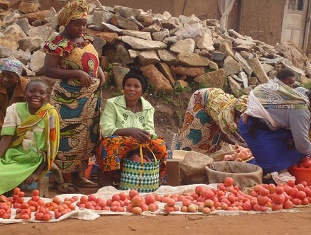
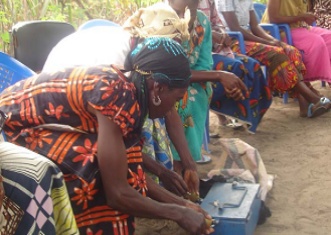
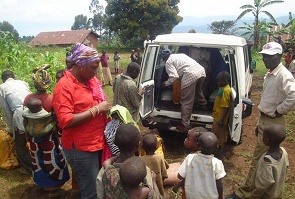
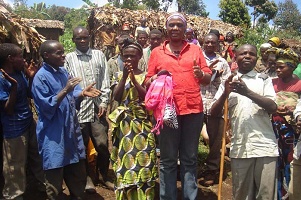
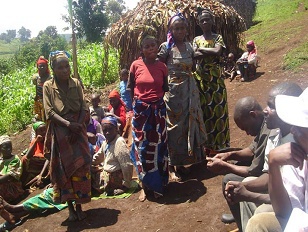
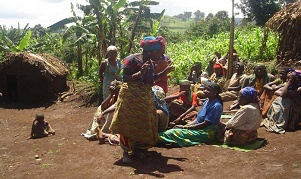
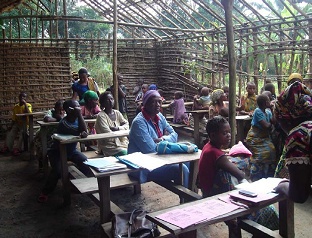











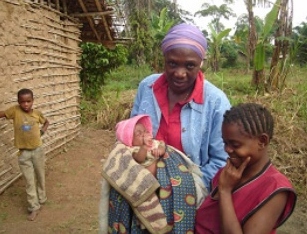

2009:
Write Up Pending
2008:
The SHARE Institute provided a mini-grant to SWAA to implement programs to help female refugees in the DRC. The conflict in the DRC has led to the death of more than four million people and is considered to be the deadliest conflict since World War II. The funds were used to help women learn new farming skills.
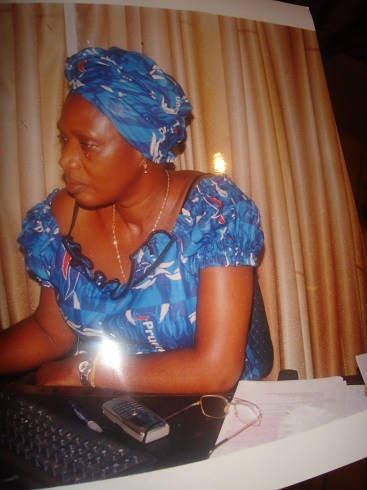






2007:
Write Up Pending


